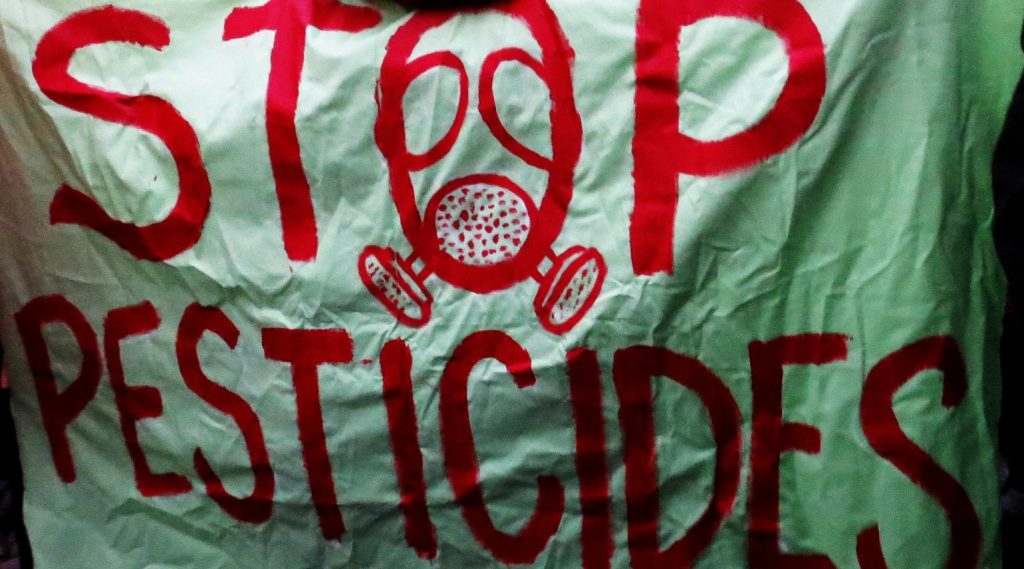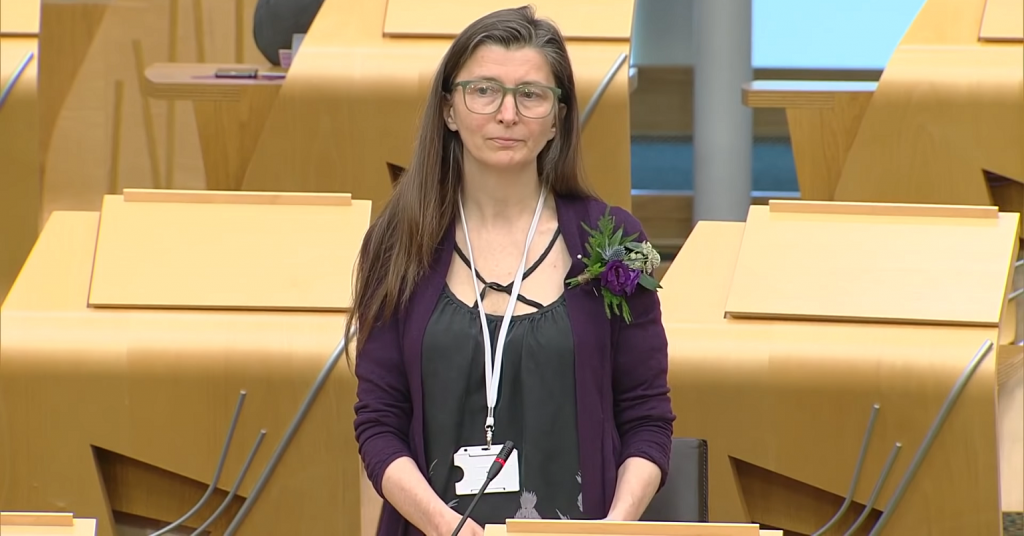Kenya faces calls to ban use of hazardous pesticides

Campaigners have urged Kenya to ban the use of hazardous pesticides this week. This comes as a new study has identified that pesticides prohibited from being used in the European Union due to potential risks to health and the environment are being sold by European companies in Kenya.
The study, published by the Route to Food Initiative (RTFI) says that in 2020 highly hazardous pesticides accounted for over 75 per cent of the total pesticide volume in Kenya, and nearly half were substances already banned in the EU. The group has called on the Kenyan government to urgently put in place regulations on these pesticides, prioritising a list of 40 ingredients it wants outlawed due to health and environmental risks.
“It should go without saying that pesticides considered too harmful for people living in Europe are equally harmful for those living in Kenya,” said Julia Bleckner, senior health researcher at Human Rights Watch. “The European Union Commission should urgently introduce promised legislation to end the double standard of exporting dangerous pesticides that are already banned for use in the EU.”
Data on Kenya’s pesticide use in 2020 obtained by the RTFI indicates that the Chinese-owned Swiss company Syngenta and German Bayer AG had the largest market share by volume for pesticides in Kenya, together making up 35 percent.
The group also found that over 65 percent of the pesticides sold by Sygenta and nearly 85 percent of those sold by Bayer in Kenya are classified as “highly hazardous” by the Pesticide Action Network, meaning they “are acknowledged to present particularly high levels of acute or chronic hazards to health or environment” under international classification systems. Some of the pesticides sold by these companies in Kenya in 2020 had already been banned in the EU.
The United Nations World Health Organisation and the Food and Agriculture Organisation developed the criteria for highly hazardous pesticides. However, because these organisations do not publish official lists of the chemicals meeting these criteria, the Pesticide Action Network regularly releases a list of highly hazardous pesticides. To ensure strict application of the UN definition, the group uses additional criteria.
In 2019, Gladys Boss Shollei, a member of the Kenyan parliament, submitted a public petition on pesticides to the Kenyan National Assembly on behalf of a group of civil society organisations. In response, Kenya’s National Committee on Health “raised a red flag” regarding dangerously high pesticide residues on fruits and vegetables and called on the Ministry of Agriculture’s Pest Control Products Board to review the list of pesticides allowed in the country and put in effect urgent regulations for pesticide use.
In response, the Pest Control Products Board initiated a regulatory review of a priority list of active ingredients. In September 2021, the civil society organisations behind the 2019 petition submitted a dossier prepared by a task force of independent experts to the board, urging the Kenyan government to quickly put in effect regulations on highly hazardous pesticides. They prioritised a list of 30 active ingredients identified due to their risks and use prevalence.
On July 10, 2023, the Pest Control Products Board introduced new regulations limiting the use of nine active ingredients. The new regulations include restrictions on the use of four active ingredients included in the 2021 civil society submission: Pymetrozine, Thiacloprid, Chlorothalonil, Chlorpyrifos, all of which are already restricted or banned for use in the EU.
However, the full results of the review mandated in 2020 have yet to be published and civil society organisations continue to call for stricter regulations on a more comprehensive list of hazardous pesticides to adequately protect food safety, health, and the environment.
Kenya’s Pest Control Products Board should expedite and publish the findings of its review of hazardous pesticides initiated in 2020, Human Rights Watch has said.
The NGO has also said the Kenyan government should prioritise integrated pest management strategies that combine methods including crop rotation and diversification, biological controls, and phasing out hazardous pesticides.
According to data reported in the Pesticide Atlas in 2020, binding international conventions apply to fewer than four percent of pesticides.
The EU Commission made a commitment in 2020 to ensure that hazardous chemicals banned in the EU are not produced for export. The commission plans to propose legislation by the end of 2023, though no draft legislation has yet been made public.
“The Kenyan government has in recent months taken important steps toward regulating certain harmful pesticides,” Bleckner said. “The government should build on this momentum by publishing the full results of the Pest Control Products Board review and creating stricter and more comprehensive regulations on hazardous pesticides to protect the right to adequate food and health.”
PS. We hope you enjoyed this article. Bright Green has got big plans for the future to publish many more articles like this. You can help make that happen. Please donate to Bright Green now donate to Bright Green now.
Image credit: Doubichlou – Creative Commons




Leave a Reply